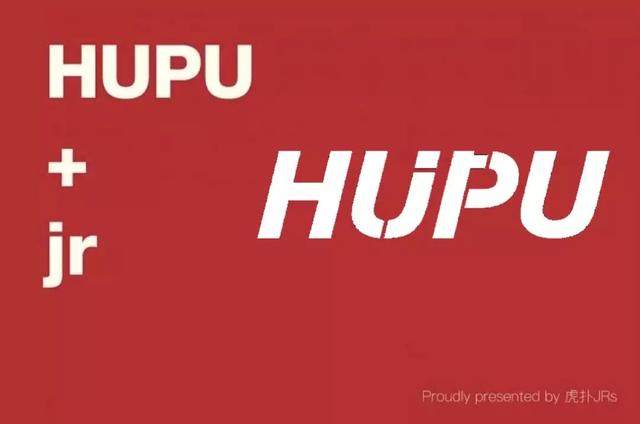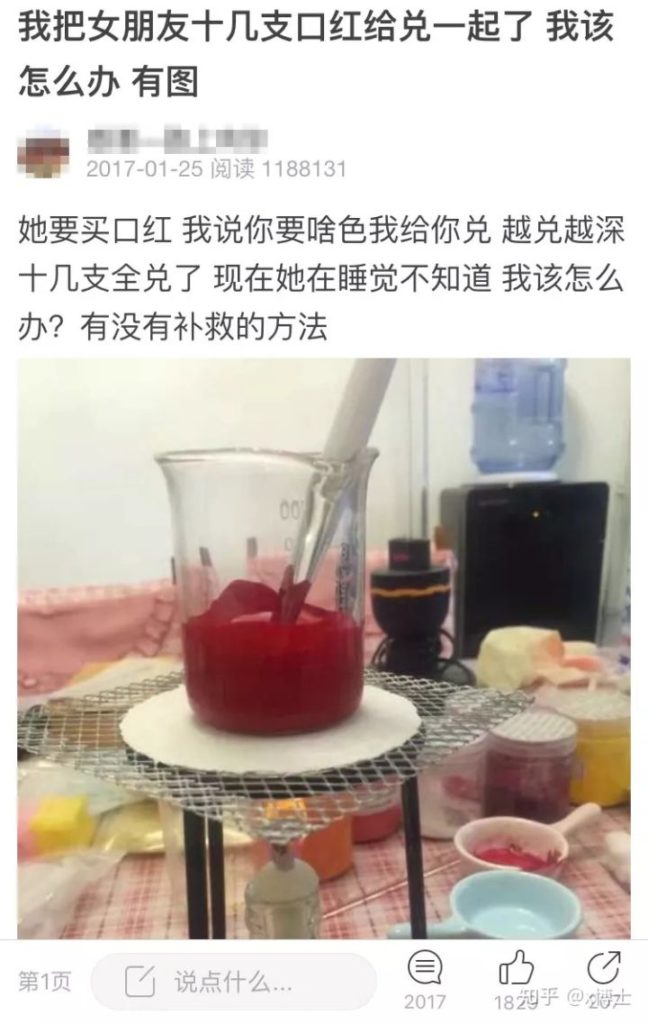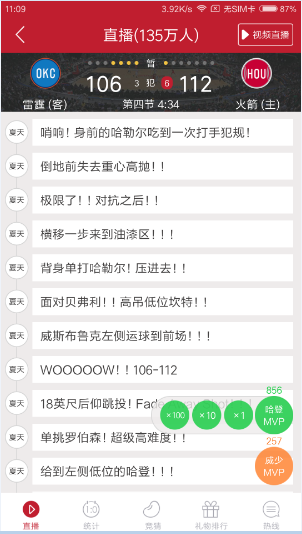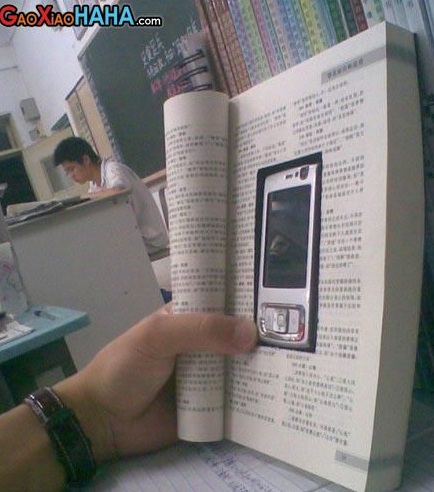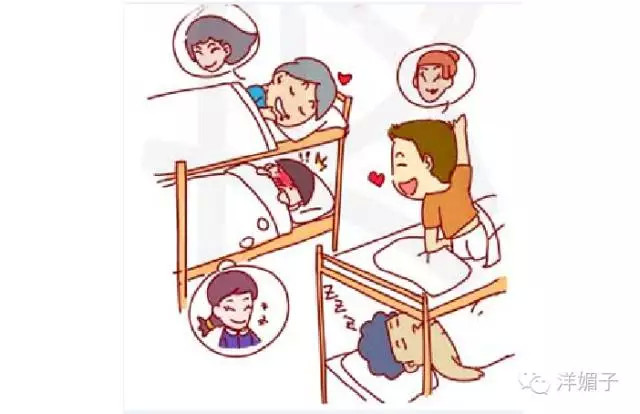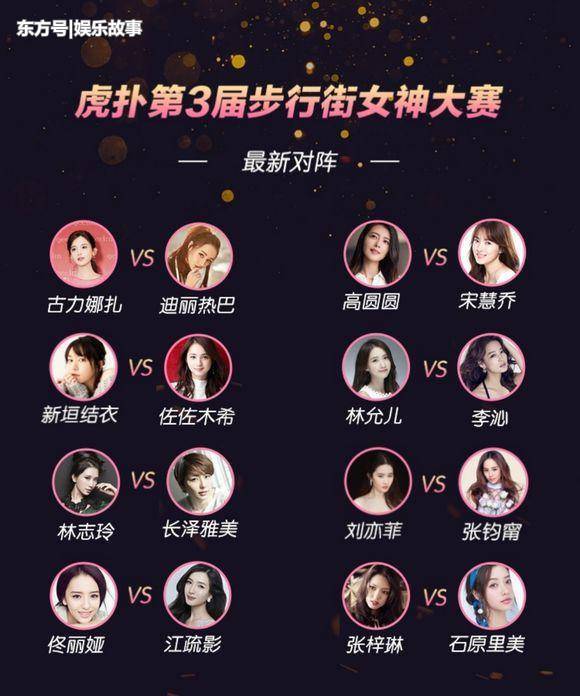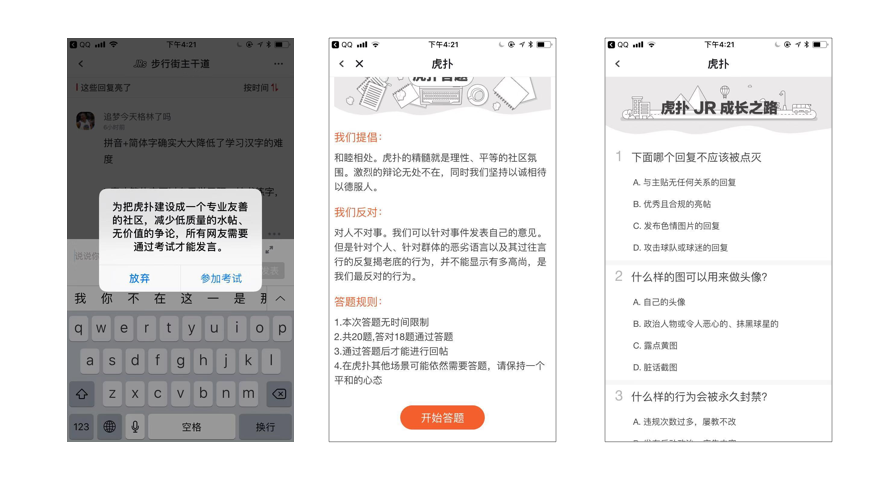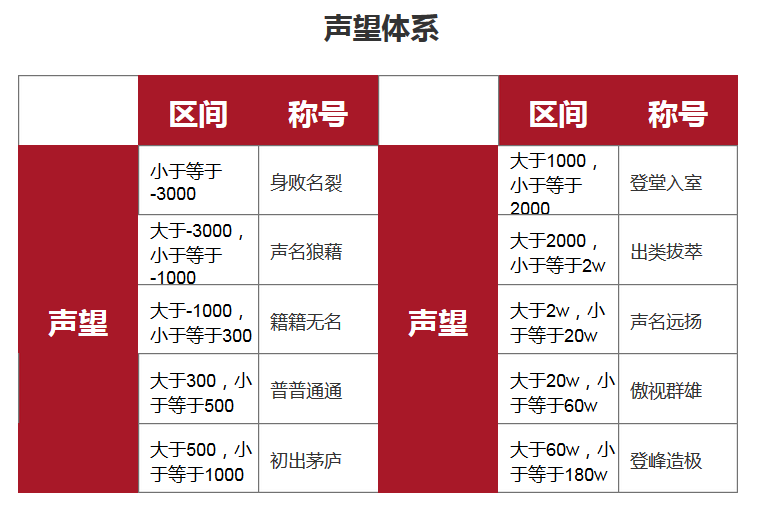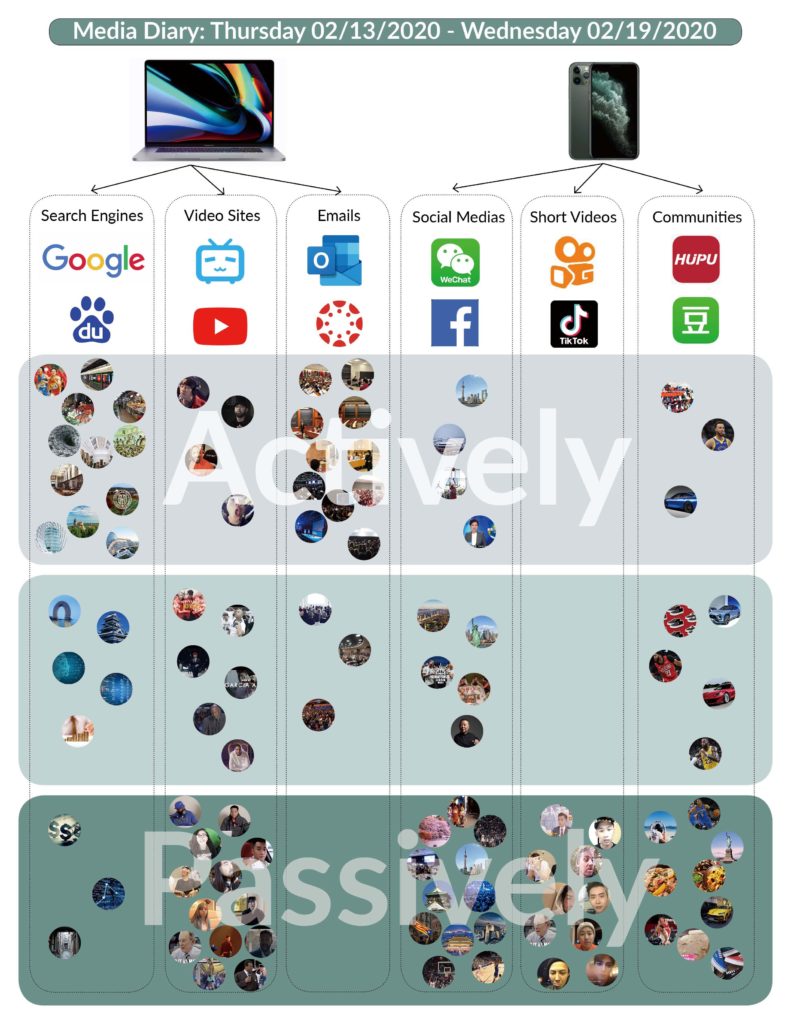by Jianyu Li and Jack Chen
Homecourt – A digital media platform serving offline social networking through basketball pick up games building upon the “HUPU” community
Overview
The problem “Homecourt” is addressing is that people nowaday are bound with their online social networks, which are weak relationships, and it’s hard for them to turn it into strong relationships in the real world. The offline world might not offer many chances for people to make connections with others in this age of online prosperity. Team sports are an exceptional medium that can often create strong bonds in social relationships. The act of joining a pick up basketball game is naturally an act of alliance which is one step closer to making friends, even if they might have different backgrounds.
Goals
- Leading the online community towards an offline lifestyle through the medium of team sports (Basketball).
- Strengthening the bond of the “HUPU” online community while promoting offline social interaction.
- Creating an intentional healthy interaction and then sprawling a healthy sense of community.
Why HUPU?
- Original Fanbase
The HUPU community is already a famous online sports community in China and has a mature online structure that encompass millions of loyal users for numerous years.
- Cultural Significance
In HUPU’s case study, we found that the center bulletin board system (BBS) community has already accumulated a large group of loyal users who trust the community and the platform, but it’s still an online connection that does not promote a healthy community. On the offline aspect they officially held official high level basketball events and came out with some star players and have a lot of audiences. Star players have gained a huge following through online platforms such as TikTok and Chinese variety shows in recent years.
- Flaws
Even though HUPU is quite successful, We feel a strong offline aspect for the community is necessary for a healthy community both physically and mentally. We want to connect “homecourt” with the community star players, the existing basketball discussion sector and the reputation or rating system with the community. Furthermore, it has the potential of growth and attracting users HUPU previously could not.
Specifications
Our Online to Offline (o2o) model is to use incentives to make people gather offline on the court and turn the online weak connection into offline strong connections in order to improve the healthy network within the existing community of “HUPU”. Our core philosophy is to make good use of the existing resources, supplementing and improving the vacancy of the offline part and contribute to the consolidation of the online community network.
How does it work?
The application would allow the online HUPU community to find, join, and create pick up basketball games in their physical ficinity. Continuing the credit system of HUPU, users can monitor each other for security/behavior and use these credits for benefits such as ball rental and prizes. Furthermore, fans get chances to meet and play basketball with community star players in the area.
To use the Homecourt app, the user needs to have a HUPU account and pass a test. The test can ensure the inheritance of the community culture and make users value this community more. To connect with the HUPU community, Homecourt is also located within the original basketball discussion section. Within the discussion sector, users can choose to access the BBS posts or the Homecourt application.
Map and short video are two main interfaces of the platform. Tik Tok style short video allows users to interact with digital media that showcase skills, player personalities and court settings. There can be small challenges to promote connectivity, like the 3 pointer challenge.
From the map, users can see the information and popularity of surrounding courts. Users can also find courts where star HUPU players are playing.
Users can create and join games using Homecourt. From the map, users can find people who usually play on that court. After the game, you can connect with them through the platform.
Create, join, find friends.
Short videos like Tik Tok is another good way for people to share their stories within the court. The most fire video can be put on the homepage of HUPU. Moreover, you can check out the vlogger’s information and the court where they made that video.
From the users’ profile you can see their reputation level, when did they join HUPU community and their credits. You can also chat with them and see the posts they made in the community.
Existing HUPU credit system as a security screening and communal monitoring system. To ensure the security and quality of the game, people can report others’ behaviors to make adjustments on their credits based on HUPU’s credit system.
Creating other physical and non-physical incentives to connect users with this platform. like the basketball ranking system or basketball sharing system which already exists in China; users may rent basketball for free using their credits.
Reflection
From the start of the research to synthesizing the prototype, we always felt a strong connection to the project because of our love for social media and team sports. The process helped us learn a lot about unique online communities and affirm information that are within our prediction as well. In a future where online social interaction will become predominant, especially after the COVID-19 crises, offline life will be a valuable commodity. Our project speaks to the basic needs of human socialization in a world that lacks interaction and communication. By using the medium of basketball, we hope to inspire a portion of the online community to come offline, thus strengthening the bond that makes a healthy online community as well as preserving the beauty of offline human interaction.
